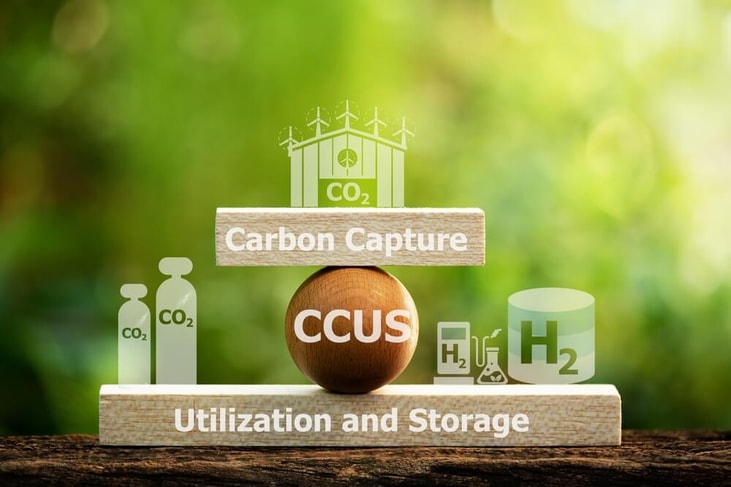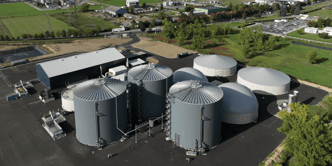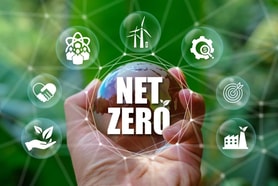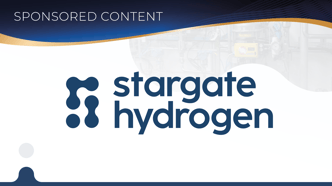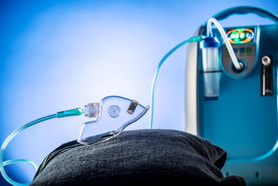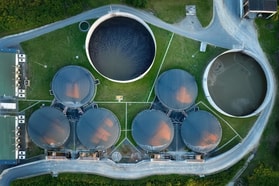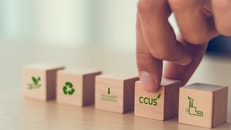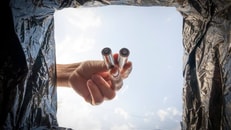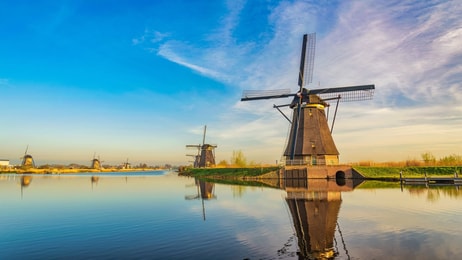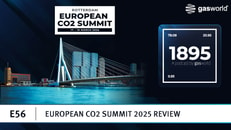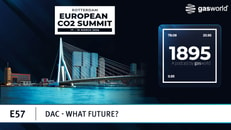Alta awarded €60m EU support for CO2 to chemicals project
Zeeland-based ALTA Group (ALTA) has announced that it will receive a subsidy worth €58.5m ($62.7m) from the EU’s Just Transition Fund (JTF) for a project that aims to transform carbon dioxide (CO2) captured from industrial processes into valuable chemicals.
The economy of Zeelandic Flanders in the north-eastern part of Flanders (which lies mostly in Belgium) relies heavily on fossil fuel-intensive industry.
By capturing, storing, and converting CO2 into chemicals such as cyclic carbonates, the region could reduce carbon emissions and greenify the chemical industry.
... to continue reading you must be subscribed

